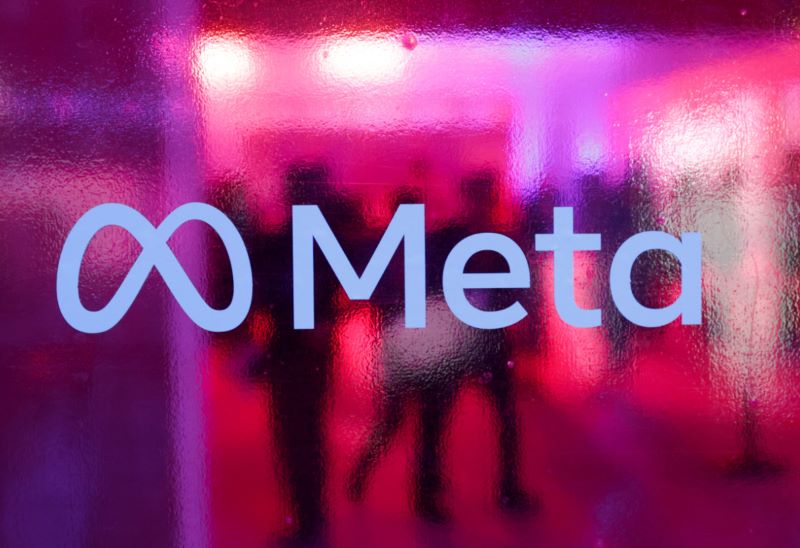As the digital wave sweeps across the globe, the advertising industry is undergoing profound changes. According to The Wall Street Journal, social media giant Meta plans to launch a fully AI-powered automated advertising system by the end of 2026, a move that has drawn widespread attention.
Operational Model and Key Features
Meta’s fully AI-powered automated advertising system significantly simplifies the process of ad creation and placement for brands. Brands only need to upload product images and set a budget, and the AI system will automatically generate text, image, and video ads. Leveraging algorithms and big data, it can accurately target audiences on both Facebook and Instagram, offering optimized budget recommendations to maximize advertising effectiveness.
Meta CEO Mark Zuckerberg emphasized that the company is dedicated to building an AI one-stop platform that automates the entire process, from creative concept and ad production to placement and performance monitoring. The AI system will not only generate personalized ad variations but also automatically adjust video ad formats to enhance their appeal and reach.
Far-reaching Impact on the Advertising Industry
- Lowering barriers and stimulating market vitality
In the past, small and medium-sized enterprises faced high costs and expertise requirements when creating and placing ads. Meta’s AI system enables these businesses to quickly generate high-quality ads at a low cost and target audiences accurately, thus lowering the barriers to advertising and stimulating market vitality. - Accelerating industry’s shift towards intelligence
This move will accelerate the advertising industry’s transformation toward intelligence. Competitors will increase their investments in AI technology to remain competitive, which will drive the intelligent upgrading of creative, placement, and performance evaluation processes. - Reshaping the competitive landscape
With its massive user base and technical capabilities, Meta is poised to expand its market share through this system. This could exert pressure on its competitors, causing a reshuffling in the industry. Companies that are weaker or less innovative might be eliminated, while those that embrace innovation will find new opportunities.

Challenges and Potential Issues
- Technical challenges
To ensure the system runs flawlessly, Meta needs to solve several technical challenges, such as ensuring that AI-generated ads meet diverse needs, optimizing algorithms for more accurate audience targeting, and improving the system’s ability to process large-scale data. - Advertisers’ concerns about creative control
Large brands often place great importance on controlling their creative content and may be skeptical of AI-generated ads. Meta will need to engage in more communication with advertisers, offering flexible customization options and providing real-world examples to demonstrate the effectiveness of AI-driven creativity. - Data privacy and security issues
The system will collect vast amounts of user data, making data privacy and security critically important. Meta will need to establish a robust data security management system to ensure that data handling complies with regulatory requirements.
Comparison with Competitors and Meta’s Advantages
Compared to competitors like Google, Meta has a vast and active user ecosystem, which allows it to leverage rich data for more accurate ad targeting. Meta also has extensive experience in social media advertising, giving it a deeper understanding of social media ad dynamics. Moreover, Meta has already implemented many practices that combine AI with social media, making its technology more mature and its system more stable.
Outlook on Future Trends in the Advertising Industry
Meta’s move signals a new trend in the future of the advertising industry. Technologically, AI will become the core driving force for the intelligent development of creative, placement, and evaluation processes. In terms of form and content, the focus will shift more toward user experience and emotional resonance, with innovative advertising formats gaining wider adoption. The industry will also become more open and collaborative, with tighter cooperation across the value chain and between industries, creating greater value.
In conclusion, Meta’s fully AI-powered automated advertising system represents a key milestone in the development of the advertising industry. While challenges remain, it is poised to usher the industry into a new era of intelligence, efficiency, and innovation.












